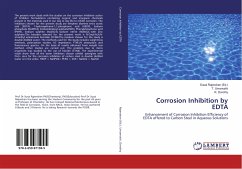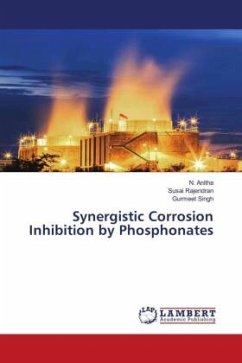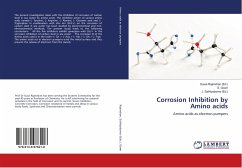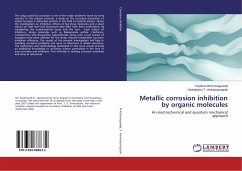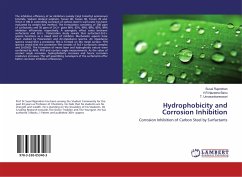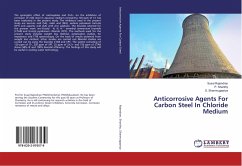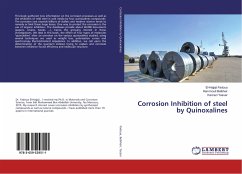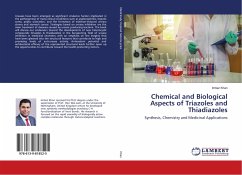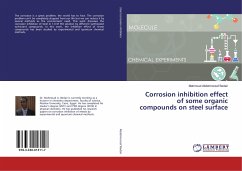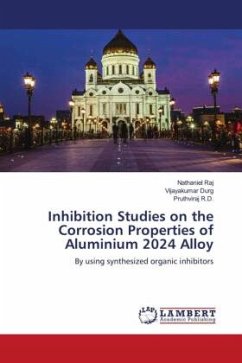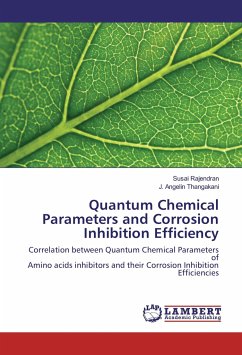
Quantum Chemical Parameters and Corrosion Inhibition Efficiency
Correlation between Quantum Chemical Parameters of Amino acids inhibitors and their Corrosion Inhibition Efficiencies
Versandkostenfrei!
Versandfertig in 6-10 Tagen
19,99 €
inkl. MwSt.

PAYBACK Punkte
10 °P sammeln!
Corrosion Inhibition efficiencies of amino acids such as L-Tyrosine,L-Cysteine, L-Lysine, L-Valine and L-Serine in well water have been calculated by weight loss method. The mechanistic aspects have been studied by Polarization study, AC impedance spectra FTIR, UV and Fluorescence Spectra, AFM, SEM and EDAX. By using Density Functional Theory (DFT) various quantum chemical parameters such as EHOMO, ELUMO, energy gap, electron affinity, Ionization potential, absolute electro negativity have been calculated. The theoretical results were found to be consistent with the experimental data generated...
Corrosion Inhibition efficiencies of amino acids such as L-Tyrosine,L-Cysteine, L-Lysine, L-Valine and L-Serine in well water have been calculated by weight loss method. The mechanistic aspects have been studied by Polarization study, AC impedance spectra FTIR, UV and Fluorescence Spectra, AFM, SEM and EDAX. By using Density Functional Theory (DFT) various quantum chemical parameters such as EHOMO, ELUMO, energy gap, electron affinity, Ionization potential, absolute electro negativity have been calculated. The theoretical results were found to be consistent with the experimental data generated. It is observed that L-Tyrosine (250 ppm) + Zn2+(50 ppm) system has good inhibition efficiency. The reason for the high Inhibition Efficiency of L-Tyrosine is due to the presence of aromatic ring (electrons) in the system. L-Tyrosine (250ppm) + Zn2+ (50ppm) system has high LPR value than other amino acid inhibitor systems. This system has higher has higher charge transfer resistance value and lower double layer capacitance value than other systems. The protective film has been analyzed by FTIR, UV and Fluorescence Spectra, AFM, SEM and EDAX. The protective film is in nanometer scale.



